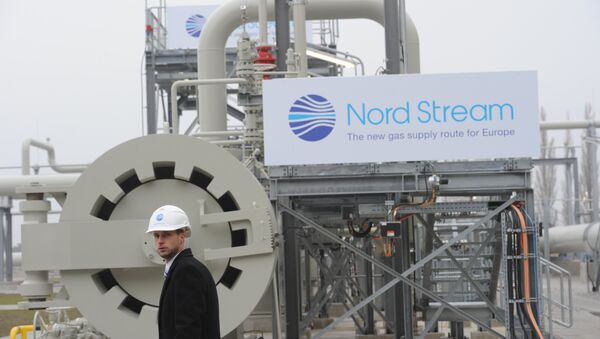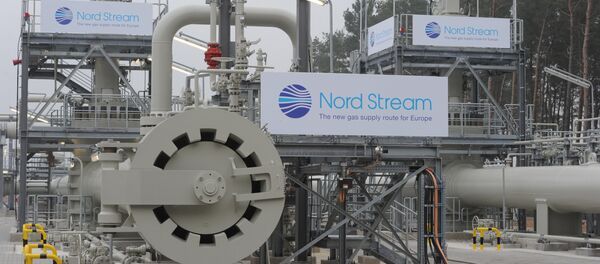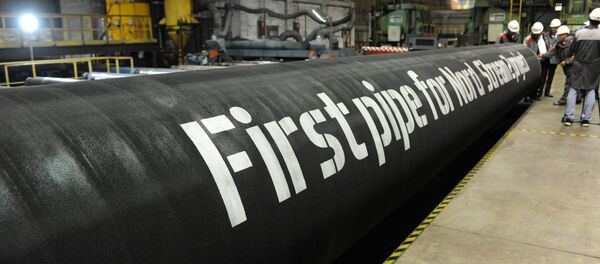The bill, which is yet to be approved by both the House of Representatives and the administration of US President Donald Trump, has already prompted criticism within the European Union. Thus, German Foreign Minister Sigmar Gabriel and Austrian Chancellor Christian Kern have condemned the draft of new US sanctions, which, they said on June 15, were about "selling American liquefied natural gas and ending the supply of Russian natural gas to the European market."
"The principle of American sanctions [being levied] on a project that is not in the US, that does not involve US actors, that is not in dollars — the Europeans are right to mobilise on this subject… It is an interference in the affairs of European countries that is unacceptable," Kocher said, as quoted by the Financial Times newspaper on Monday.
Similar views were expressed by Klaus Schaefer, chief executive of German energy company Uniper.
"The proposed sanctions not only affect Russia, but also Europe and Germany… I appeal to all parties involved not to turn the project into a pawn of global politics, and to leave the problem of Europe’s energy supply to Europeans," Schaefer was quoted by the media outlet as saying.
The Nord Stream 2 project presumes the construction of two gas pipelines with a combined annual capacity of 55 billion cubic meters of gas. The new pipeline is planned to be laid along the existing Nord Stream pipeline route from the Russian coast through the Baltic Sea, on to a hub in Germany.



